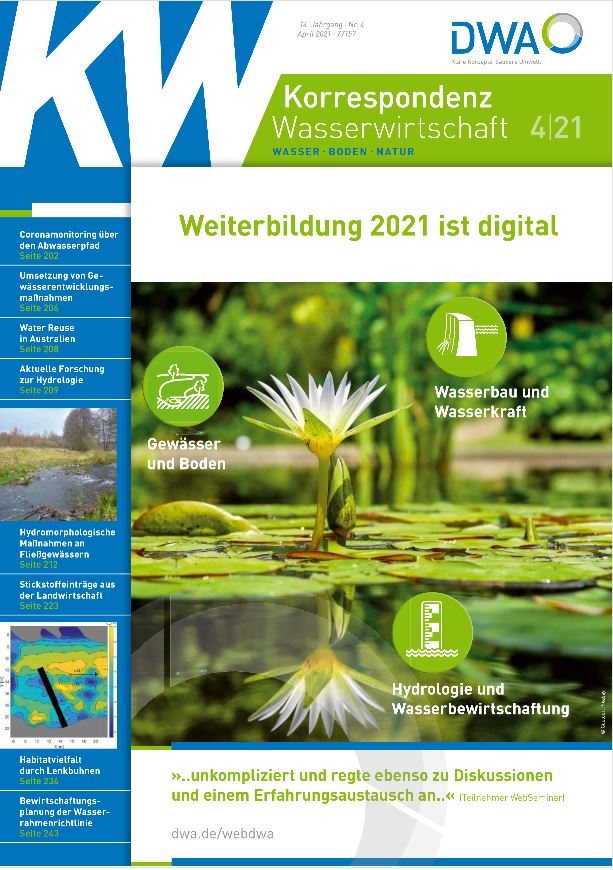Cooperative Water Protection and their Impact on Groundwater Quality
- Project
- Duration
-
-
About a quarter of German groundwater exceeds the nitrate limit of the European Union for drinking water. A substantial reduction of inputs can only be achieved through measures in agriculture. The study examines existing drinking water cooperations between farmers and drinking water suppliers in water conservation areas in North Rhine-Westphalia. In doing so, positive approaches should be harnessed for a purposeful policy.
The first drinking water cooperatives were set up in North Rhine-Westphalia back in 1989, in which farmers, as the main cause of high nitrate concentrations, implement measures that protect the environment by means of financial incentives. The study identifies and describes these measures that are the cause of cooperation success (e.g. decreasing nitrate trend) or failures (e.g. increasing nitrate trends). Furthermore, the measures carried out are checked for their potential for reducing nitrogen to groundwater and their acceptance among farmers is included in the assessment.
The aim of the study is to use the results for the implementation of the Water Framework Directive and to use them for a more targeted design of the agricultural support programs. To achieve this, the study will derive actionable recommendations for further action programs and strategies from the analysis of drinking water cooperation.



